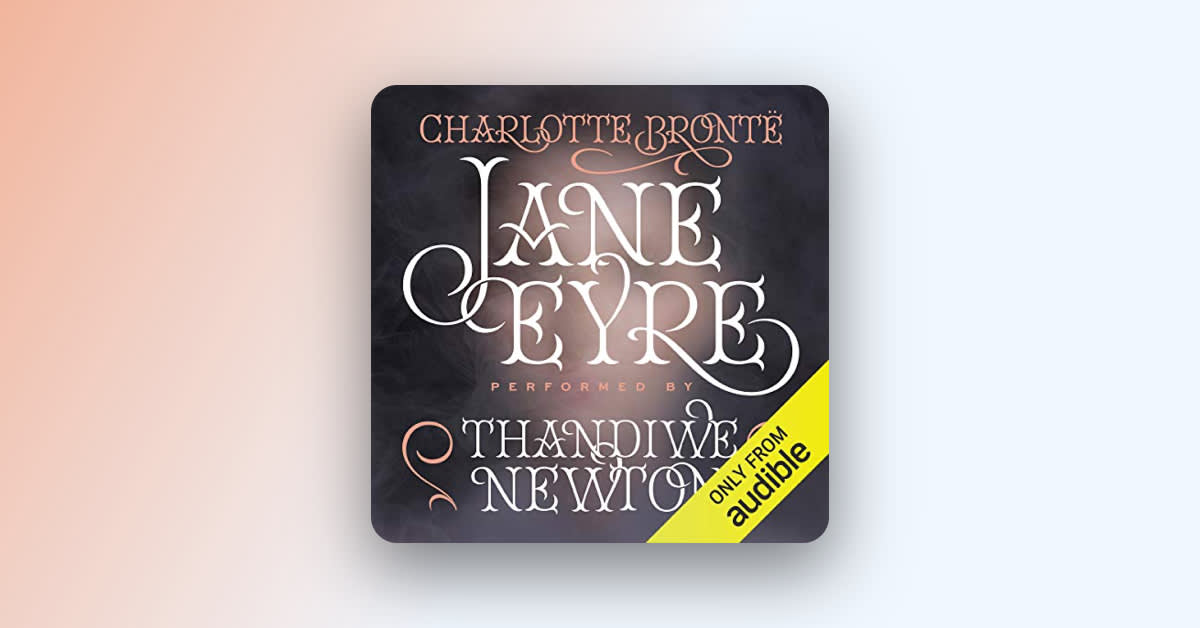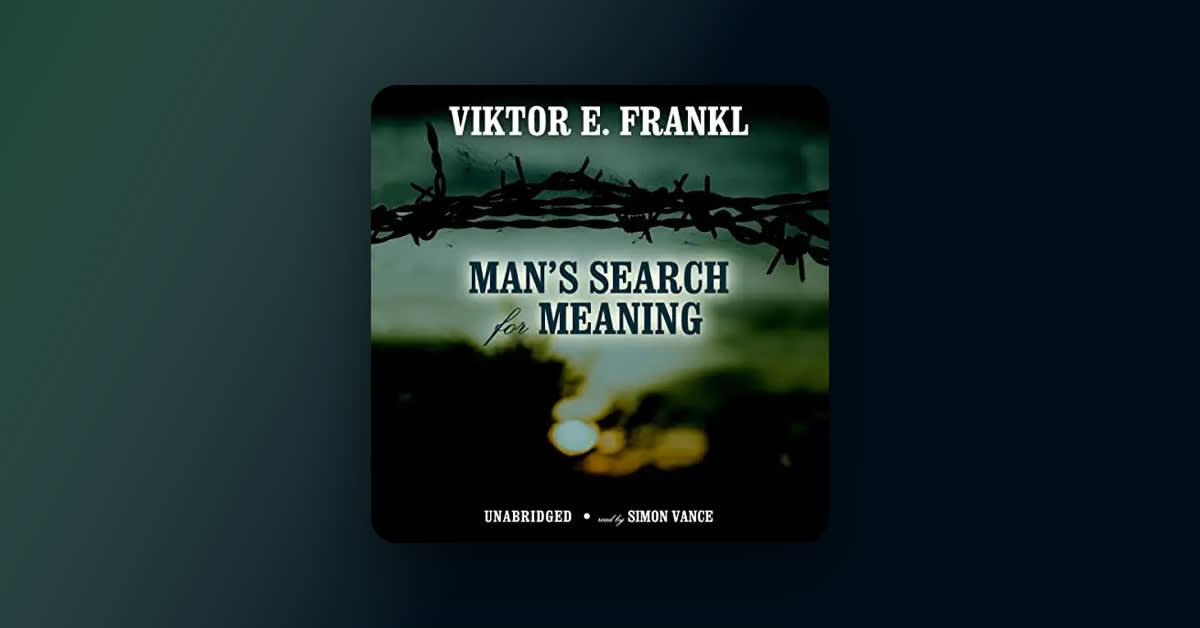Why it's essential
Thandiwe Newton performs the achingly romantic Gothic tale we all had to read in high school. There’s no better way to revisit this Brontë classic.
Featured in .
What is Jane Eyre about?
Set in 19th-century England, this first-person narrative tells the story of Jane, a young orphan who, after being neglected and abused by her wealthy relatives, is sent to a boarding school where she suffers more mistreatment. At age 18, she secures a position as a governess and falls in love with her brooding employer. But their relationship is threatened by the revelation of Mr. Rochester's terrible secret.
Editor's review
Mysia ("Misha") is a book person who loves escaping into twisty mysteries and contemporary fiction driven by complicated characters.
I first read when I was in high school and remember feeling terribly sorry for Jane—for not only what she suffered as a child but also for her ending up married to a damaged man. A few years ago, I stumbled across a , written in honor of 's 200th birthday. I was intrigued by Constance Grady's assessment of Jane as "prickly, judgmental, and totally unlikable," and of Brontë's work as "monumental." When I learned that the talented actress Thandiwe Newton performs the Audible Original adaptation, winning an Earphones Award and listener raves, I just had to listen. It was time to rediscover Jane.
Jane Eyre was first published in England in 1847, credited to Currer Bell. That the gifted author Charlotte Brontë felt compelled to use a male pen name to get her work taken seriously speaks volumes about the status of women at the time and the novel’s unconventional heroine. Jane Eyre is fierce, intelligent, and outspoken. She’s passionate but not a beauty—she describes herself as "little" and "plain." She never waivers from what she believes is right, and she respects herself. As a short, not exactly stunning, and quietly strong-minded woman myself, I found Jane refreshingly down-to-earth and relatable. And as a feminist, I found Jane inspiring.
Jane is no stranger to hardship. By the age of 10, she has endured losing her parents, being treated as a burden by her relatives (especially one cruel aunt), and getting sent to Lowood Institution, where the students, poor and orphaned girls, are subjected to cold rooms, meager meals, and harsh punishments. Her struggles only make her stronger—and more outraged by injustices against the poor, the weak, and women. At 18, after two years as a teacher at (the much improved) Lockwood, she seeks work as a governess and accepts a position at Thornfield Hall, teaching and tending to a young French girl, Adèle, the ward of Edward Fairfax Rochester. When Jane first meets her employer, she finds him arrogant. But as they spend time together, she comes to appreciate Rochester’s humor and tenderness. Jane falls in love—hard. Then, strange things start to happen at Thornfield—the sound of chilling laughter through the walls, a mysterious fire, an attack on a houseguest. Rochester is hiding a terrible and terrifying secret. Will Jane wind up hurt and alone once again?










